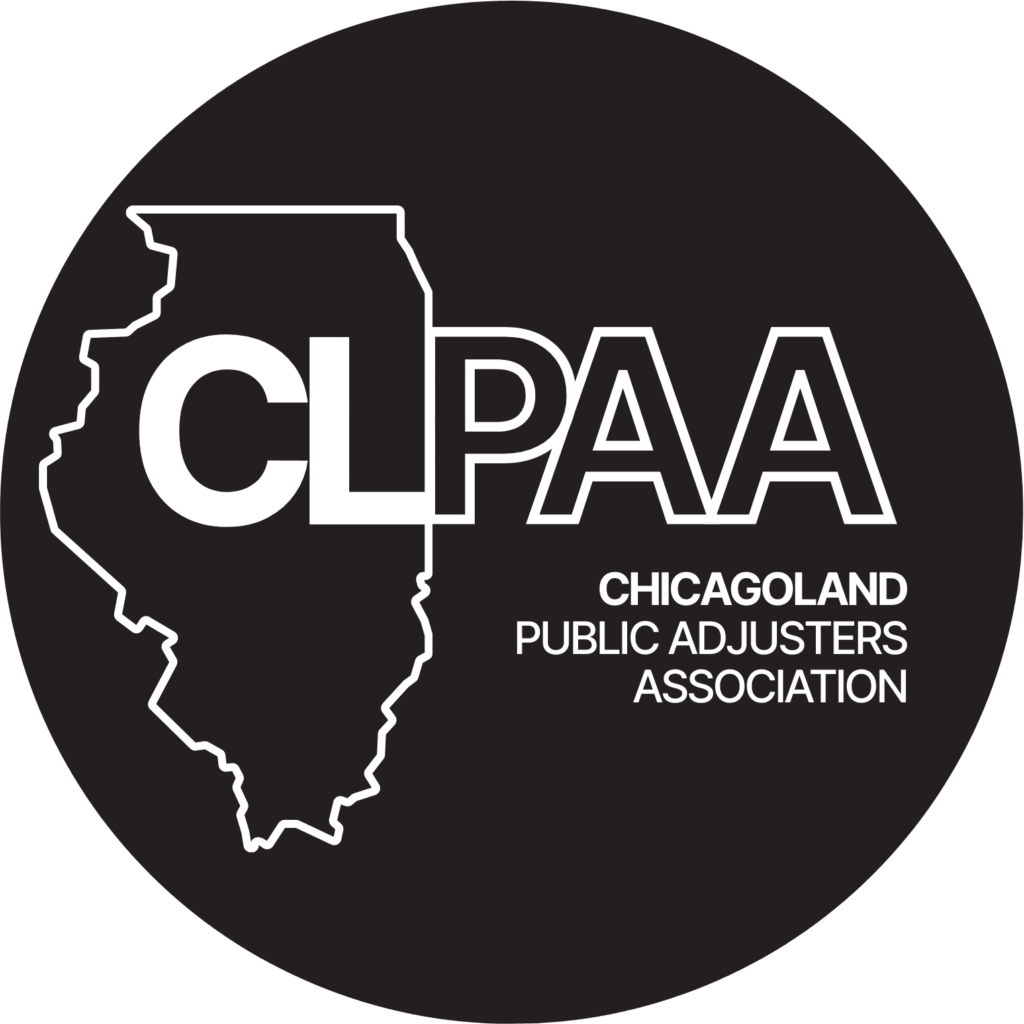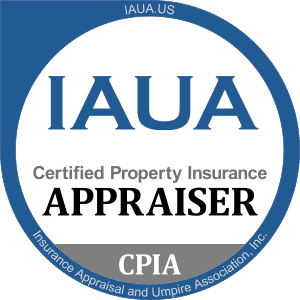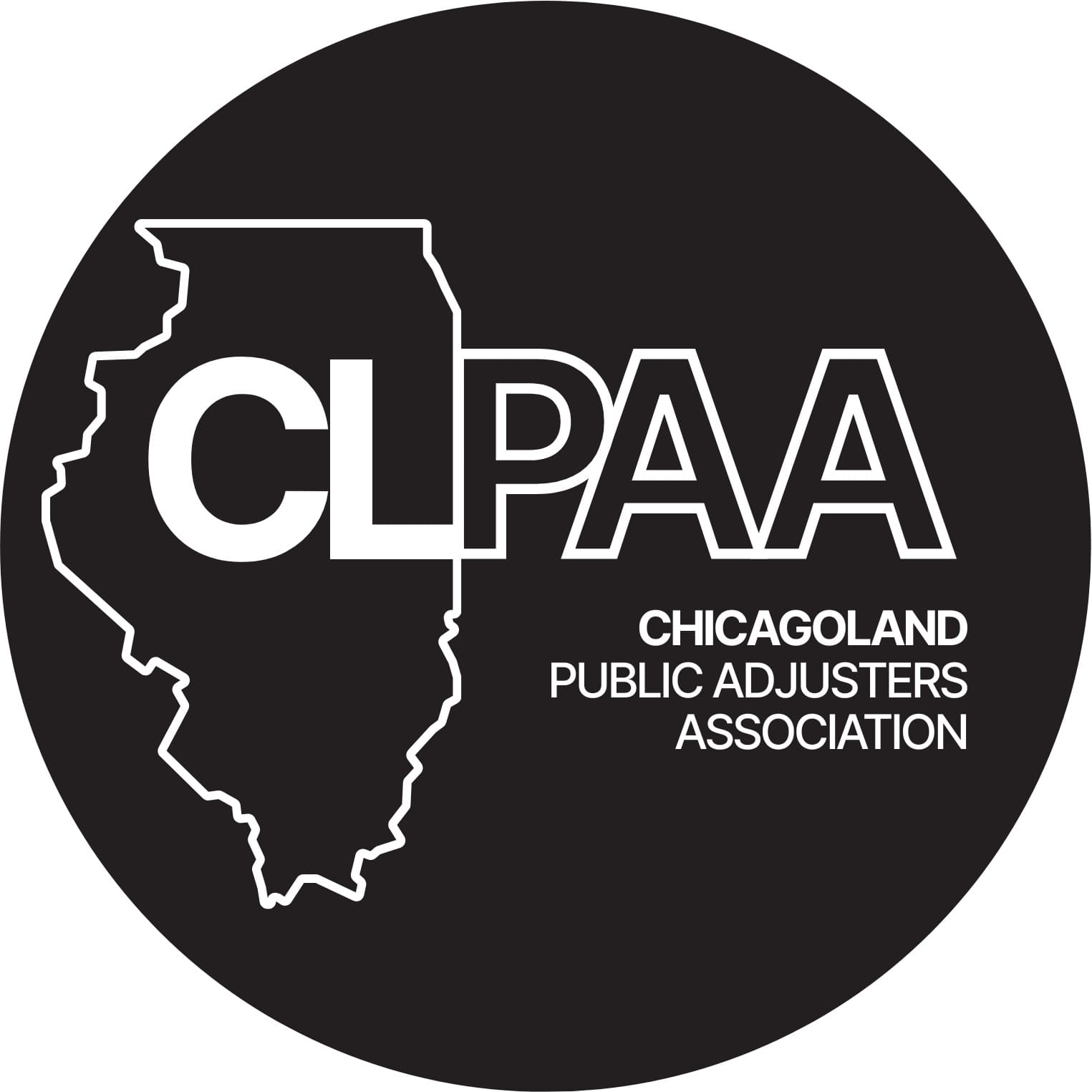
No one wishes for their property to get damaged. However, property damages happen more often than you would expect. Anything from a leaking pipe to a fire outbreak can cause property damage and lead to a property claim. Homeowners’ insurance is a great way to protect yourself from these unfortunate circumstances. It is important to file a claim with your insurance provider as soon as the damage occurs.
Insurance companies are always seeking ways to offer the lowest possible payout. This helps them maximize their profit. You need to negotiate with the insurance adjuster, advisably with the help of a reputable public adjuster. This will ensure that they do not rip you off.
In this guide, we will give you tips and methods for dealing with insurance adjusters to help you get the most you can out of your insurance policy.
Here are ten things you should know when you are negotiating a property claim:
1. Review Your Policy Before Filing Your Property Claim
Never assume your insurance policy covers something. Instead, take some time to peruse your policy. Look out for specific clauses on your coverage and the claims process. Is there a deadline for a property claim? What exactly can you claim in the event of loss? This step is crucial because the insurance adjuster may leave out coverage information they expect you to know. The burden is on you, the policyholder, to know your policy like the back of your hand.
Insurance companies also often avoid mentioning the coverage for code upgrades. Code upgrade insurance is additional coverage that covers your property’s needs. These needs could be plumbing, electrical work, or insulation to bring your property up to code. It could cost you thousands of dollars out of pocket if not brought to the insurance company for payment.
Reviewing your policy also helps you understand any added benefits. For example, repairs on your home may keep you out of it for a significant period. In that case, you may be entitled to reimbursement of whatever you have spent on temporary housing or additional living expenses. Understanding your policy is the best way to avoid unknowingly committing insurance fraud. It also helps you to efficiently negotiate your property claim with the company.
2. Know Your Rights Regarding Your Property Claim
Understanding your policy is one thing but knowing your rights is another. For starters, you have the right to appeal the first offered settlement. It is a common misconception that you must accept whatever the company is offering to pay. You are well within your rights to reject it and negotiate a higher settlement if you wish. You also have the right to have a third party handle communications and negotiations on your behalf. For example, your attorney can do so if you believe they have a better chance at upping your pay-out. You can hire the services of a loss adjuster or public adjuster to negotiate on your behalf. Your public adjuster will try to get you a full and fair settlement for your property claim. The insurance adjuster will be working to get you the least amount possible.
Avoid contractors or vendors recommended by the insurance company or their adjusters. This is because those contractors are often also hired by the insurance company. This creates a conflict of interest. They are also part of third-party administrator programs. This means they are providing some service to the insurance company as well. Their loyalties will largely lie with the insurance company, not you. Like the insurance adjuster, they will also find ways to help the insurance company save money.
For example, these contractors might recommend cleaning or fixing damaged construction materials rather than replacing them. Look out for what valuation you are entitled to when negotiating the settlement with the company. You may have either depreciated or replacement value. Depreciated value means you will need to provide the purchase price and date of the damaged or lost asset. Replacement value allows you to simply provide the current prices of the asset.
3. Gather Evidence to Support Your Property Claim
It is common practice for insurance companies to request some form of evidence to support your claim. For property claims, it is best to have picture evidence of the damage. Take pictures of the beginning of the damage and try to document how far it spread. Do not forget to document any items that might have gotten damaged in the process. You can consider hiring a professional public adjuster who will inspect your home for hidden damages. They often inspect these types of hidden damages through moisture mapping. They may also hire a smoke odor hygienist to test for smoke behind walls.
You should also refrain from throwing things away immediately after damage occurs. This can jeopardize your claim and reduce your negotiating power. Instead, focus on documenting the situation first. Then, allow the insurance adjuster to carry out their investigation. Have a notebook when gathering evidence to help you put together a list of damaged items. This list is usually required when submitting claims for damaged personal property. A public adjuster can also create this list of damaged personal property items for you. Gathering evidence helps you strengthen your position and will make negotiation easier. Evidence such as the extent of damage, items lost, and estimates can help convince your insurer.
4. Never Be in a Rush to Accept the First Offer
Insurers often offer a lower settlement than what you deserve. Do not be eager to accept the first offer simply because you want the claims process to be over quickly. Pause and understand what exactly you are being offered in your settlement. Are they excluding certain damages? What does that mean for you? Are they covering your additional living expenses?
This is one of the reasons why gathering evidence is so important. It will be easier for you to negotiate an offer if you understand the damage and any associated expenses. You will then know when the settlement is too low and when you deserve more.
Yes, the claims process can be long and winding sometimes. But do not cheat yourself out of a fair settlement by accepting the first offer. Slow down a little and take your time to negotiate.
5. Hire a Public Claims Adjuster for Professional Advice
It is always a good idea to contact a professional when you are also up against professionals. Just like the insurance company has its adjuster, you need a public adjuster to handle your claim. This means a seasoned professional will file your property claim and negotiate your settlement. They also help with evidence gathering and valuation of your property and the damage. A public adjuster can easily explain your policy to you and fetch you the best settlement you can get. This will save you time and sometimes, fast-track your claims settlement process.
Always look out for reputable and professional public adjusters when hiring one. You can also seek recommendations from your circle; including your friends and family. This way, you can guarantee that you are getting value for your money.
6. Consult Your Public Claims Adjuster Before Signing Anything
Putting your signature on any document or agreement will legally tie you to the terms contained in it. This is because the law assumes that you read the document and agreed to it. The nature of the document you are being asked to sign is unimportant. Always consult your adjuster before endorsing a document with your signature. This will prevent you from setting yourself up for restrictions or harsh terms. Your adjuster knows how to recognize any shady provisions. They also know how to introduce terms beneficial to you.
Avoid signing with the insurance company’s preferred vendors. This is due to them being part of third-party administrator programs. Signing before consulting your public adjuster can spell trouble for you.
7. Arrange for an Inspection of the Property
You should expect two separate inspections. The insurance adjuster will first need to inspect and evaluate your property. This is to determine how much to recommend to the company as your settlement. Make sure you have taken pictures and videos of the damage before this first inspection. Furthermore, try to not move anything around at the site of the damage. Otherwise, you may interfere with the inspection.
Your public adjuster should perform the second inspection. They will use special tools to discover the scope of the damage. They will also get their quote for repairs which will enable them to come to an estimate. It is with this knowledge that they negotiate with the company. They will also get you a settlement that will be sufficient to cover the damage.
8. Get Police Reports For Your Property Claim Where Necessary
Some policies require you to get a police report before you can file property claims. For example, you may need to file a police report for loss or theft of personal property. You will also submit a copy of this report with your claim. You will also need a police report if a break-in damages your property.
Try to get the report as soon as possible so you do not delay your property claim. This will also ensure that the insurance company starts processing your claim quickly. You will also get your settlement faster. Remember, the longer the damage remains unrepaired, the worse it becomes. You can get a police report by filling out a Freedom of Information Act Form. You will then submit this form to your local police station. They will likely send the report within a few business days after your submission. You can use Rocket Lawyer to generate a sample form.
9. Put All Requests and Agreements in Writing
Do not rely on oral agreements or discussions. They can be difficult to prove if one party decides to go against it. It is a better idea to put your discussions in a signed written format that both parties agree upon. This protects you in the case of default. This should apply to both your adjuster and the insurance adjuster.
Do not assume that your public adjuster will not renege on their promise because they work for you. If they offer you a deal on payment, ask them to put it in writing. The same goes for if they offer you extra services at zero or reduced cost. You can try recording any oral conversations you have with the adjuster. Make copies of all letters exchanged and store the originals in a safe place. This way, you can always pull them out as evidence. If they are by email exchange, organize the emails in a folder. This ensures that they are always easy to pull up when you need them.
10. Check Your Policy for the Dispute Resolution Process
You can find the dispute resolution process in the appraisal clause of your policy. All insurance policies allow for the act of appraisal. This means that the insurer will conduct an appraisal of the damage or loss. The insured is also at liberty to perform an appraisal. A third party will perform the insurer’s appraisal and then give their expert opinion.
If a dispute arises between you and your insurer, a neutral umpire will mediate. The umpire will be able to conclude and settle any disputes.
Conclusion
You need to take your claims process seriously. Doing so will help you avoid feeling cheated after getting a settlement. Always peruse your policy, collect evidence, and get police reports. Ensure your discussions are in writing and never be in a hurry to accept the first offer. You can always get a public adjuster to handle your claim on your behalf and save yourself the headache.
Do not let insurance companies and their adjusters outsmart you. We have given you the tips you need to get a reasonable settlement. Put them to use today for your property claim.
Don’t want to deal with insurance companies on your own? Contact On-Site Adjusting today. We have the experience to deal with different types of claims. We also offer a free consultation for first-timers. Contact us to get started.











